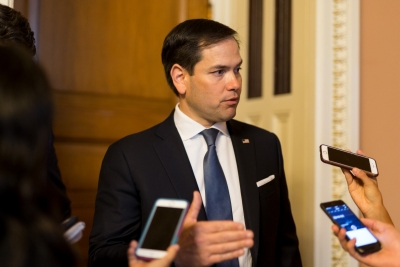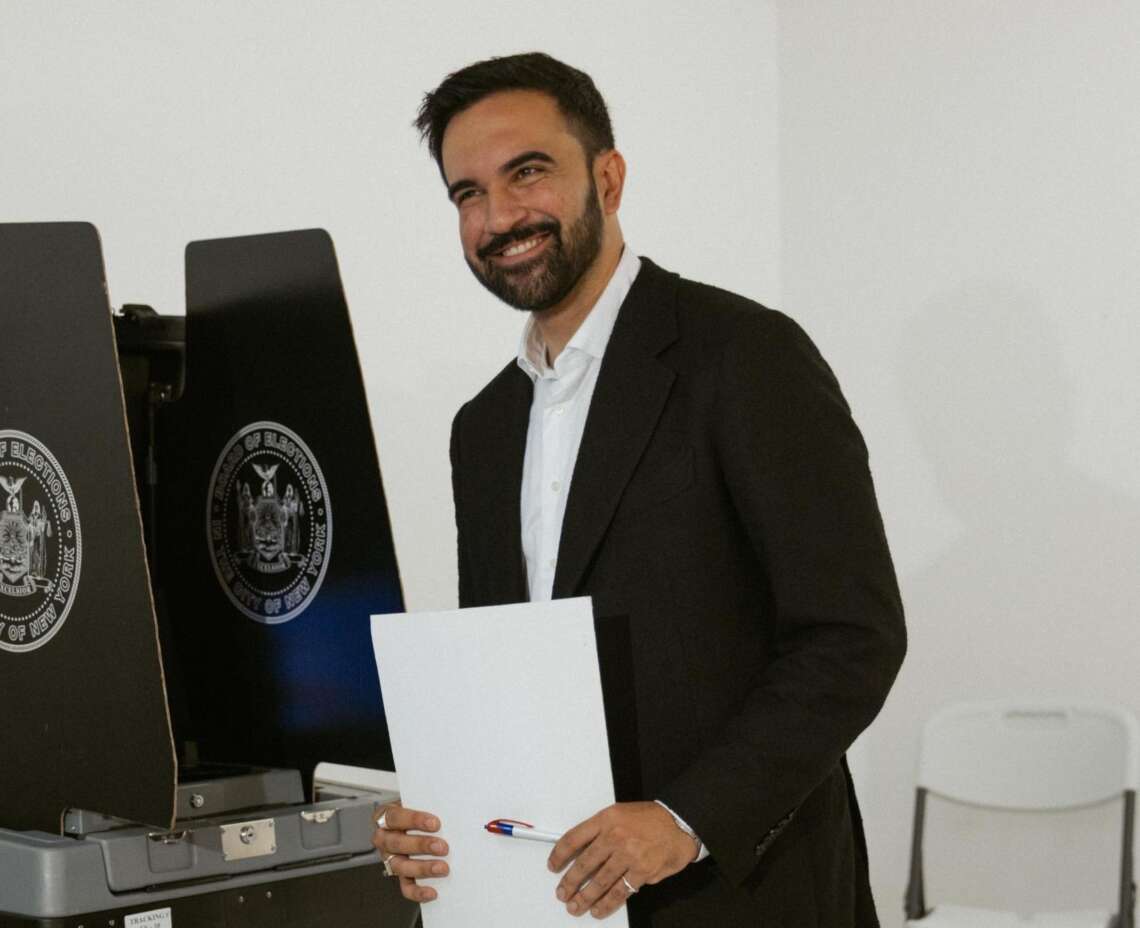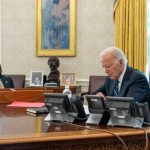The move follows a temporary halt to new visa appointments in late May, pending a policy review….reports Asian Lite News
The Trump administration has ordered US embassies and consulates worldwide to resume processing student and exchange visitor visas, but with a sharp increase in social media and political background checks aimed at identifying applicants seen as ideologically hostile to the United States.
A confidential State Department cable, dated June 18 and reviewed by Reuters, outlines new guidance requiring “comprehensive and thorough vetting” of foreign student applicants. US consular officers are now expected to examine the full online presence of applicants — not just social media — for signs of views or affiliations considered contrary to American values, institutions, or policies.
The cable, sent by Secretary of State Marco Rubio, urges consular staff to be alert to “a history of political activism,” especially when it involves support for violence or groups like Hamas. “If an applicant demonstrates hostility towards our citizens, culture, or founding principles, this must be considered in eligibility decisions,” the directive states.
Applicants may also be asked to make their social media profiles fully public. “Limited access to an online presence could be construed as an attempt to hide certain activity,” it warns.
The move follows a temporary halt to new visa appointments in late May, pending a policy review. It also builds on a pilot programme launched at Harvard University last month, where student visa applicants were subjected to enhanced screening. Harvard — where international students represent about 27% of the student body — has been a recent target of the administration’s scrutiny, including cuts to funding and research ties.
Critics argue the policy amounts to ideological profiling and threatens freedom of expression. Civil liberties advocates point to recent cases like that of a Turkish student from Tufts University, who was held in immigration detention for over six weeks after co-authoring an article criticising her university’s stance on the war in Gaza.
The new policy may also reduce the number of visa appointments due to the added time and resources needed for background checks. However, posts have been instructed to prioritise certain applicants, including foreign physicians in US medical programmes and students attending universities with fewer than 15% international enrolment.
The new vetting rules are to be implemented within five business days.














